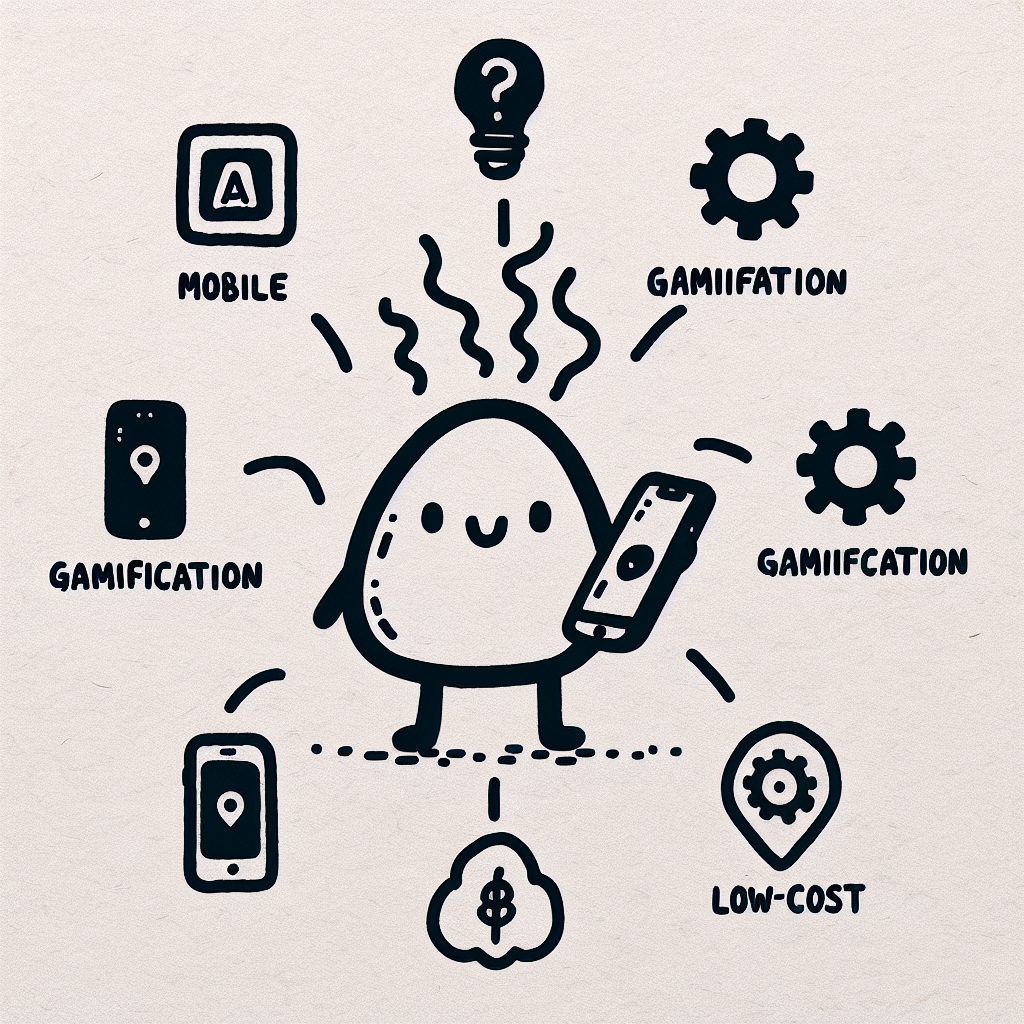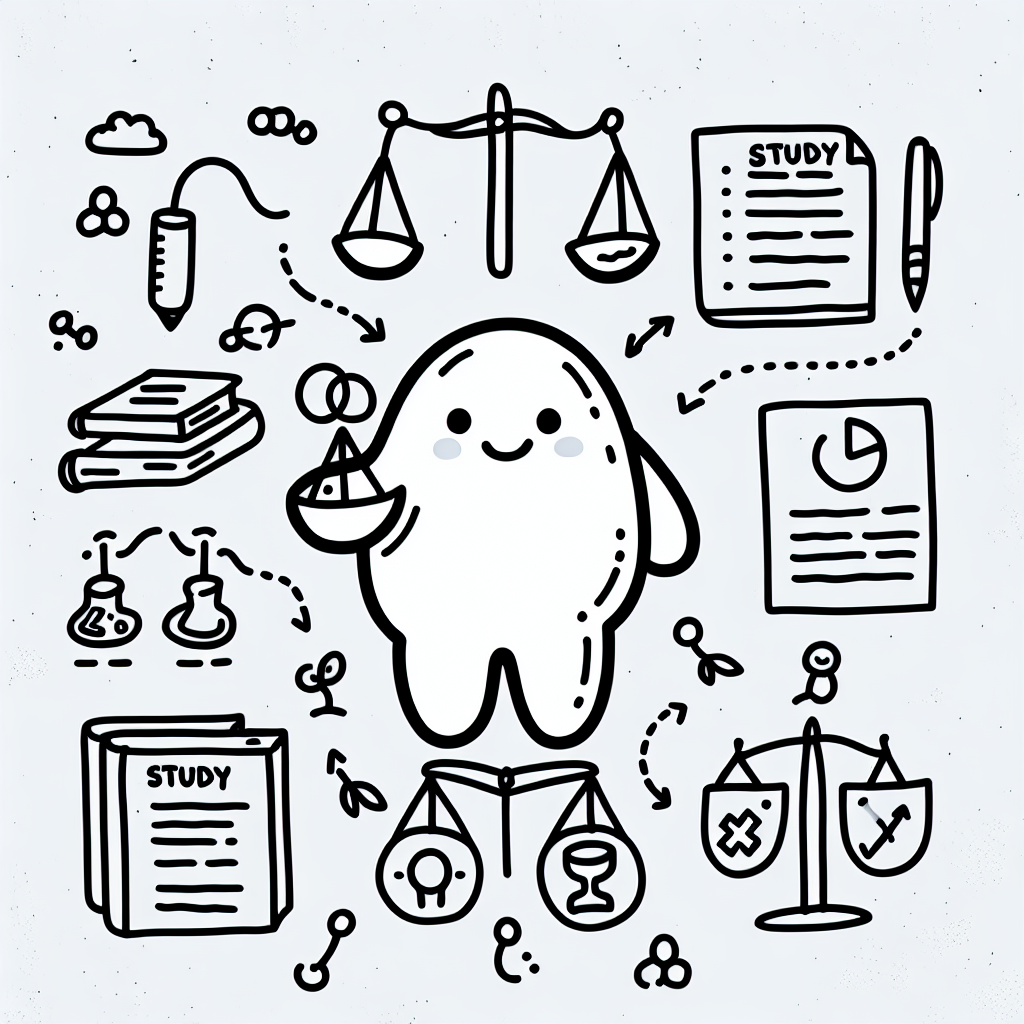Introduction
Standardized testing plays a critical role in shaping academic and professional trajectories. Whether it's the SAT and ACT for college admissions, the GRE and GMAT for graduate school, or professional certification exams, these assessments often serve as gatekeepers to future opportunities.
As the stakes of these exams continue to rise, there is a growing demand for effective test prep courses. Students, parents, and professionals alike are seeking structured, results-driven methods to improve performance and gain a competitive edge.
This article explores the landscape of test prep courses. It will examine how effective these programs are, the different types available, strategies for choosing the right one, common pitfalls to avoid, and new innovations that are reshaping the test preparation industry.

Understanding Test Prep Courses
What Are Test Prep Courses?
Test prep courses are structured programs designed to help students prepare for standardized exams. These courses aim to improve test performance through targeted instruction, practice, and strategy development. They are commonly used for exams that play a critical role in academic and professional advancement, such as the SAT, ACT, GRE, and LSAT.
Each test prep course is tailored to the specific format, content, and skills required by the exam it targets. For instance, SAT and ACT prep courses often focus on math, reading, and writing skills, while GRE prep may also include analytical writing and advanced math. LSAT courses typically emphasize logic, reading comprehension, and analytical reasoning.
Types of Test Prep Programs
Test prep courses are offered in several formats to accommodate different learning styles and schedules:
- In-person group classes: These are traditional classroom settings where students learn alongside peers under the guidance of an instructor. They offer interaction and immediate feedback.
- One-on-one tutoring: Personalized sessions with a tutor provide individualized instruction and can address specific areas of difficulty for the student.
- Online self-paced courses: These programs allow students to study at their own convenience, often using video lessons, digital practice materials, and automated feedback tools.
- Hybrid models: Combining elements of live instruction and online resources, hybrid test prep courses offer flexibility while maintaining interactive components.
Key Components of Effective Test Prep
Effective test prep courses typically include several essential components:
- Diagnostic assessments: Initial tests help identify a student's strengths and weaknesses, guiding the focus of instruction.
- Content review: Comprehensive coverage of the subject matter tested on the exam ensures students understand the material.
- Practice exams and simulations: Regular practice under timed conditions helps students become familiar with the test format and manage time effectively.
- Strategy training: Instruction in test-taking strategies, such as process of elimination or pacing techniques, can significantly boost scores.
- Feedback and performance tracking: Ongoing evaluations and progress reports help students measure improvement and adjust their study plans accordingly.

Evaluating the Effectiveness of Test Prep Courses
Quantitative Outcomes
SAT Performance Gains
Research indicates that test prep courses can lead to modest improvements in SAT scores. A meta-analysis found that students experienced average score increases of 23.5 points in the Verbal section and 32.7 points in the Math section after completing a test prep course (Source). While these gains may seem minor, they can have meaningful implications for college admissions, especially in competitive applicant pools where even small score differences can influence outcomes.
ACT Outcomes and Classroom Integration
The effectiveness of test prep courses for the ACT varies depending on how they are implemented. A study from the University of Chicago revealed that embedding intensive ACT test prep into regular classroom instruction can actually lead to lower performance (Source). This suggests that the strategic integration of test prep courses is critical. Poorly designed or overly intrusive prep programs may disrupt core learning and reduce overall effectiveness.
Qualitative Benefits
In addition to score improvements, test prep courses offer several qualitative benefits. Students often report increased test-taking confidence and reduced anxiety as a result of structured preparation. These courses can also foster greater student engagement and accountability, as learners take a more active role in their academic progress. Such gains, while harder to quantify, may contribute to better performance and a more positive testing experience overall.

Strategic Approaches to Test Preparation
Test-Taking Techniques
Effective test prep courses often include explicit instruction in test-taking strategies, which can significantly improve student outcomes. Teaching students how to approach different question types, manage their time, and reduce test anxiety has been shown to enhance performance. For example, the University of Kansas' Test-Taking Strategy program resulted in a 10 percentage point increase in student performance, demonstrating the effectiveness of structured strategy instruction (Source).
Structured Study Schedules
Another core element of successful test prep courses is the use of structured study schedules. Research supports distributed practice—spacing out study over time—over last-minute cramming. The University of Pittsburgh recommends a Seven-Day Test Prep Plan to help students organize their study efforts effectively (Source). These kinds of structured plans not only improve retention but also reduce stress. Many test prep courses provide sample study plans and templates to help students manage their time and track their progress.
Digital and Online Resources
Digital tools and online platforms are increasingly integrated into test prep courses. AI-powered systems and adaptive learning technologies personalize study content based on a student’s strengths and weaknesses. The University of Michigan’s Exam Playbook, for example, improved exam scores by an average of 2.17 points across over 12,000 students (Source). While digital tools offer flexibility and scalability, they may lack the personal interaction and accountability of traditional methods. Understanding the pros and cons of these resources can help students choose the most effective tools for their needs.

Pitfalls and Limitations of Test Prep Courses
Overreliance on Coaching
One significant drawback of test prep courses is the risk of overreliance. When students treat these programs as a replacement for genuine learning, they may focus narrowly on test strategies rather than developing a deep understanding of material. This approach can limit long-term academic growth and critical thinking skills.
There are also ethical concerns associated with the accessibility of test prep courses. Students from wealthier backgrounds often have greater access to high-quality coaching, tutors, and resources, while those from lower-income households may not. This disparity can exacerbate existing inequalities in educational outcomes and college admissions.
Misaligned Curriculum Integration
Research reveals that poorly integrated test prep can have unintended negative consequences. A study from the University of Chicago found that intensive ACT test prep during regular classroom time actually led to lower scores for students. The interruption of standard instruction in favor of test-specific strategies disrupted learning and hindered overall academic performance (Source). This highlights the importance of ensuring that test prep complements rather than replaces core curriculum.
Diminishing Returns
Test prep courses also tend to show diminishing returns over time. Initial gains from structured preparation may plateau after a certain point, especially when students have already mastered the fundamental concepts. Continuing to invest time and money beyond this phase may yield minimal improvement. Recognizing when performance gains have leveled off is crucial to avoid unnecessary strain and expense. Students and families should be alert to signs of burnout or stagnation, and consider whether additional prep is truly beneficial.

Choosing the Right Test Prep Program
Selecting the right test prep program can significantly influence your performance and confidence on test day. When evaluating your options, keep the following factors in mind:
Factors to Consider
- Budget and affordability: Prices vary widely. While online courses may be the most affordable, one-on-one tutoring tends to be the most expensive. Determine what you can realistically invest.
- Learning style and preferences: Some students thrive in structured, in-person classes, while others prefer the flexibility of self-paced online learning. Consider whether you need personalized attention or learn better in a group setting.
- Timeline and test date: How much time do you have before the test? Intensive programs may suit short timelines, while longer-term courses offer gradual preparation.
- Reputation and success rates of providers: Look into past student reviews, average score improvements, and overall satisfaction. Choose providers with a track record of helping students meet their goals.
Questions to Ask Providers
Before enrolling, ask critical questions to assess the program’s effectiveness:
- How is progress measured? Understand if there are regular assessments or feedback mechanisms.
- What is the average score improvement? This can help you gauge the program’s impact.
- What support is available outside of class? Find out if there are office hours, email support, or additional resources for extra help.
Sample Comparison Table
Program TypeCostFormatAvg Score GainBest ForIn-person Group$$ClassroomModerateStudents needing structureOne-on-One$$$PersonalizedHighStudents needing tailored helpOnline Course$Self-pacedVariesIndependent learners
Use this comparison to align your needs and constraints with the strengths of each program type. Choosing the right test prep course depends on how well the program matches your personal circumstances and academic goals.

The Future of Test Prep
Trends and Innovations
Test prep courses are evolving rapidly with the integration of new technologies and instructional methods. AI-driven adaptive technology is becoming a key component, allowing platforms to personalize content in real time based on a student's performance. This approach helps learners focus on their weakest areas, making study time more efficient.
Gamification is also gaining traction in test prep courses. By incorporating game elements such as badges, leaderboards, and progress tracking, these platforms aim to increase student engagement and motivation. These features can make studying more interactive and reduce the monotony often associated with traditional test preparation.
Mobile-first platforms are another major trend. With the increasing use of smartphones and tablets, test prep courses are being designed for accessibility on mobile devices. These platforms allow students to study on the go, making it easier to fit test preparation into busy schedules.
Equity and Accessibility
Improving access to test prep courses remains a significant focus. Low-income students often face barriers such as cost and limited access to quality resources. To address this, many nonprofits and universities now offer free or low-cost test prep options. These resources aim to level the playing field by providing high-quality instruction and materials to underserved communities.
Test-Optional Movement Impact
The growing adoption of test-optional admissions policies has reshaped the role of standardized testing in college applications. As more institutions shift toward a holistic admissions process, the emphasis on test scores is decreasing. This trend impacts the demand for test prep courses, with some students opting to forgo preparation altogether. However, for those applying to schools that still require or consider test scores, effective test prep remains valuable for maximizing admissions chances.

Conclusion
Test prep courses can significantly boost performance when used appropriately. Throughout this article, we’ve seen how structured preparation, expert guidance, and access to targeted resources contribute to improved outcomes. However, the effectiveness of test prep courses depends on how strategically they are used.
A personalized approach is essential. Students benefit most when they tailor their study plans to their strengths, weaknesses, and learning styles. Balance is also key—overloading on material without adequate rest or reflection can be counterproductive.
Finally, choosing data-backed methods and tools ensures that preparation is not only efficient but also aligned with proven success strategies. By approaching test prep courses with a strategic, personalized, and evidence-based mindset, students can maximize their chances of achieving their desired results.

References
- Systematic Reviews of the Effects of Preparatory Courses — This review evaluates the impact of test prep courses on high school students' performance in university entrance exams.
- University of Chicago on ACT Prep in Classrooms — A study indicating that excessive classroom time dedicated to test prep courses may negatively affect ACT scores.
- University of Kansas Test-Taking Strategy — An overview of structured strategies taught to enhance student performance during exams, often incorporated into test prep courses.
- University of Pittsburgh Seven-Day Plan — A detailed seven-day schedule designed to help students effectively manage their time and review content as part of test prep courses.
- University of Michigan Exam Playbook — Research on how a guided exam preparation framework can improve student outcomes, supporting the structured nature of test prep courses.



.png)


.png)






